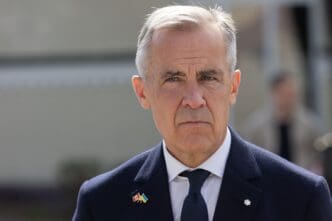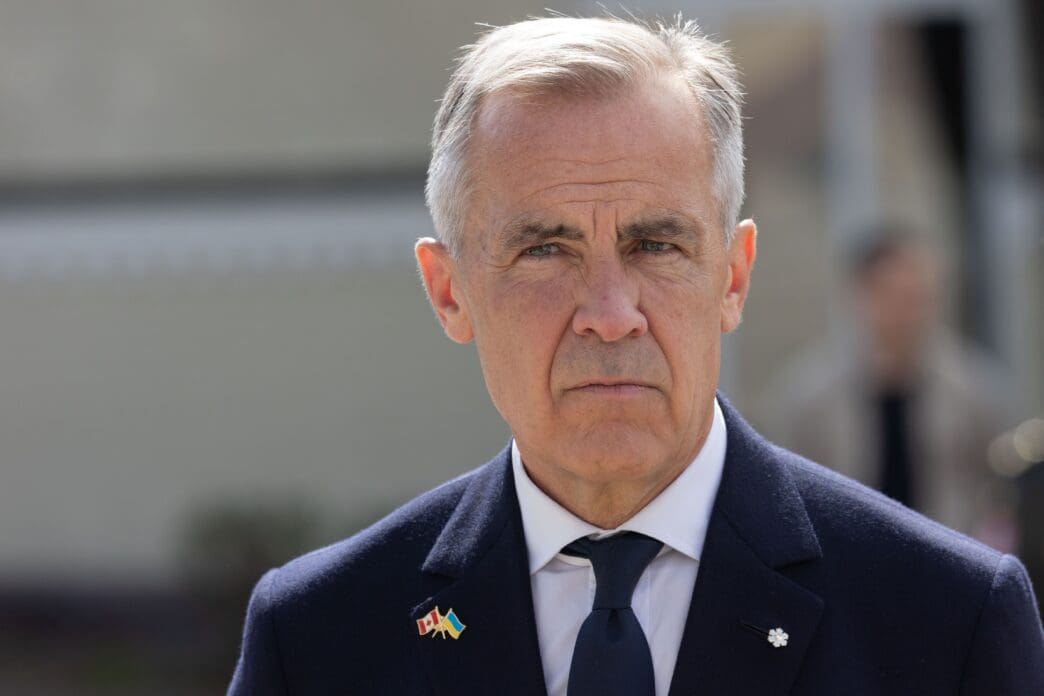Executive Summary
The Story So Far
Why This Matters
Who Thinks What?
Canadian Prime Minister Mark Carney has apologized to President Donald Trump over an anti-tariff advertisement, a move that followed Trump’s decision to suspend trade talks and threaten additional tariffs on Canadian imports. Carney conveyed his apology to President Trump on Saturday at the Asia-Pacific Economic Cooperation Summit in South Korea.
Advert Sparks Diplomatic Spat
The advertisement, funded by the province of Ontario, featured clips from a 1987 national radio address by former President Ronald Reagan, in which he argued that tariffs would harm the American economy. Carney stated that he found the commercial “not something I would have done” and noted that President Trump was “offended” by its content.
In response to the advert, President Trump had announced the suspension of trade talks with Canada last week, along with a threat to impose an additional 10% tariff on Canadian imports. Following the apology, Trump acknowledged Carney’s gesture, describing their relationship as “very good” but reiterated his view that “what he did was wrong.”
Ontario’s Role and Controversy
Doug Ford, the Premier of Ontario, was responsible for the advert, which aired during the first two baseball World Series games. Carney had reportedly advised Ford against proceeding with the commercial. The advert also reportedly led to a contentious exchange between US envoy Pete Hoekstra and Ontario trade representative David Paterson, prompting Ford to demand an apology from Hoekstra for “absolutely unacceptable” remarks.
Broader Tariff Context and Accusations
President Trump accused Canada of using the advertisement to interfere in an upcoming US Supreme Court case. This case is set to evaluate the legality of his broad tariff policies, which have been applied to various countries including Canada, Mexico, and China.
Since taking office, President Trump has imposed tariffs on numerous nations. While most Canadian goods are exempt under an existing free trade agreement, specific sectors face separate tariffs, such as a 50% duty on steel and aluminum and 25% on automobiles.
Key Takeaways
The incident underscores the persistent trade tensions between the United States and Canada under the Trump administration. It also highlights the complexities of diplomatic relations, particularly when provincial initiatives intersect with international policy and presidential sentiments.








